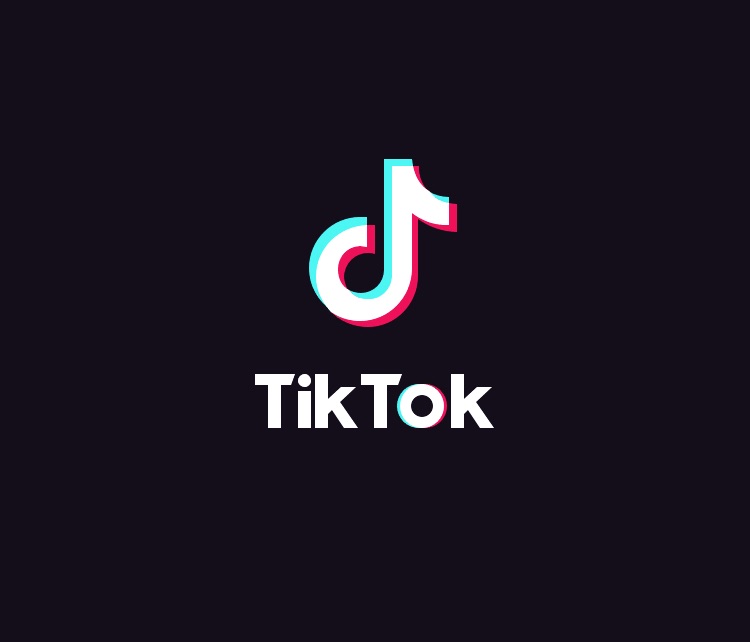TikTok has become a fundamental pillar of our generation. We have an unprecedented ability to connect and disseminate ideas to a vast number of people, yet this social media platform also has detrimental effects.
Pro: Political movements
TikTok is more than just a silly app utilized to view hours of funny content. We have proven it has the power to make ripples in society. For instance, President Donald Trump’s rally in Tulsa, Oklahoma saw the effects of TikTok users banding together to sabotage the rally, hundreds of thousands of people registering for tickets and not showing up. Seeing the nearly empty auditorium on the news was so mind blowing for me, as I was one of those teens who saw Mary Jo Laupp’s TikTok calling me to action before Trump’s rally. I felt so empowered that my generation had worked together and that I made an actual difference for a cause I am passionate about. TikTok was also a powerful platform for the Black Lives Matter movement. Videos of protests, police brutality, blatant racism of police against black protesters, and stories from those on the front lines fighting for the rights of people of color allowed millions to see the contemporary realities of racism in America and spread the message of BLM.
Con: Confirmation bias
A defining feature of TikTok is the “For You Page,” where users are provided with algorithmically chosen Tik Toks that match their preferences and ensure you will be as entertained as possible and thus remain on Tik Tok for longer. The effects of this algorithm can seem innocuous, TikTok users receiving the content they will statistically enjoy the most. However, this is dangerous for our society, as the only content users see is that which corresponds with what they already like and want to see. It reinforces the point of view the person already has, creating a cycle of confirmation bias where the person’s opinion will only ever be confirmed and no opposing idea will ever be introduced; we will never hear other perspectives. This results in an ever greater societal divide: Straight TikTok and Alt TikTok. We become politically isolated, only hearing facts and stories that reinforce our already held beliefs, creating a society of ignorant people who believe they are informed because of all the information they hear — unaware that this information was hand-chosen (or robotically-chosen more accurately) to conform to what they already know.
Pro: Mental health
Mental illness has carried an unshakable stigma, generations of shame regarding the topic of mental health leading to silence on the topic and isolation of those who struggle. Though it will take a lot more to rid mental illness of the stigma that haunts it, TikTok has done an amazing job of showing our generation that we are not alone. As the generation with the historically highest rates of mental health issues, depression and suicide sadly plaguing so many young people today, what TikTok provides in regards to mental health is so important. As opposed to the perfected version of one’s life often portrayed on platforms like Instagram, TikTok seems to have evolved into a place where people are more real and honest, and in turn a place where awareness is brought to the everyday struggles of mental health and people can find others who relate to their struggles and thus feel understood and less alone in their plight. Not only is there this revolutionary de-stigmatization and normalizing of mental health conditions, but there are also myriad accounts dedicated to spreading knowledge and providing support. One of the most powerful of such TikToks that I have seen was where @cajunpeaches dueted @saratonin.com’s TikTok where she encouraged “If you ever have a hard time sitting yourself down to eat, let’s eat together,” and the process of him following along and, though shaking from anxiety, was able to eat along with her. It is powerful to see another person showing their struggles with anxiety and panic attacks, as well as the beauty of how human beings can help each other.
Con: Defining self-worth on likes
The idea that our generation, who have grown up on social media, define our self-worth based on the amount of likes we get is not a new idea. However, TikTok brings this damaging environment to a whole new level. Whereas on traditional social media likes usually come from those in your life who know you, TikTok is a competition for the attention of the world. The amount of likes you get is not solely based on how many connections and relationships you have, but whether people objectively like your content. Suddenly, if you don’t get enough likes, you universally aren’t funny enough, not attractive enough, not good enough. Or maybe you did have a TikTok go viral, but now you chase the thrill of getting “TikTok famous,” and suddenly the thousands of likes that would have boosted your confidence before are now destructive to your self-image since it does not match up to your most famous post.
Beyond the pros and cons I detailed, there are so many more, and the debate can go back and forth. Though I see value in the cons, I do not think the answer is necessarily to delete TikTok, as there are extremely wonderful pros. But, I hope this makes you realize that the cons of TikTok cannot be ignored. By addressing these concerns, we can combat the issues that are hurting our generation. Be proud of the content you post, and do not allow numbers to define your worth. Seek out views that oppose your own, and do not succumb to the echo chamber of confirmation bias. Make yourself aware that TikTok has become instrumental in shaping Gen Z, and it is up to us to determine whether it will be for the better or worse.



